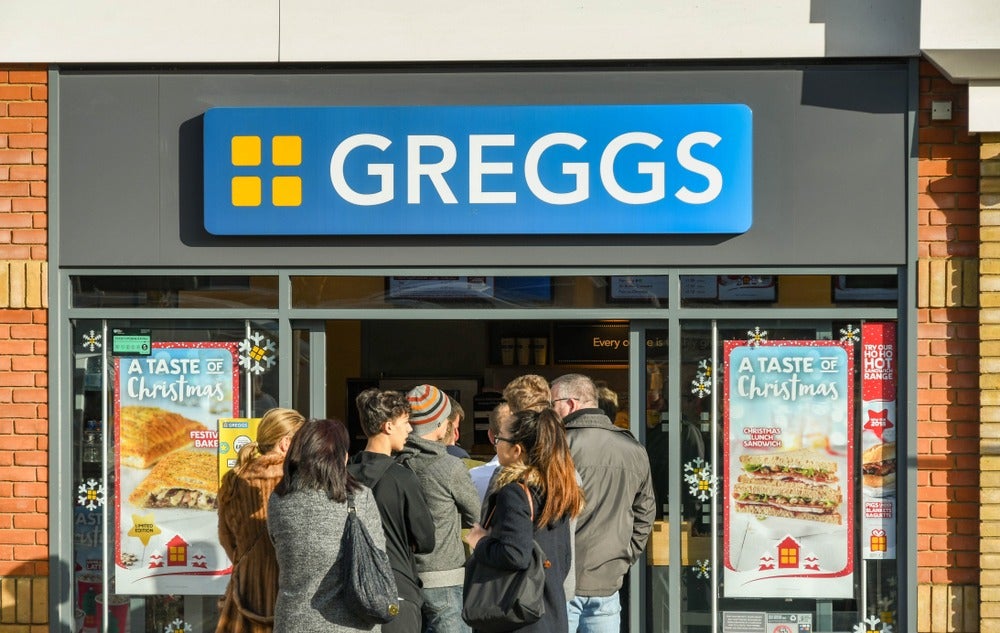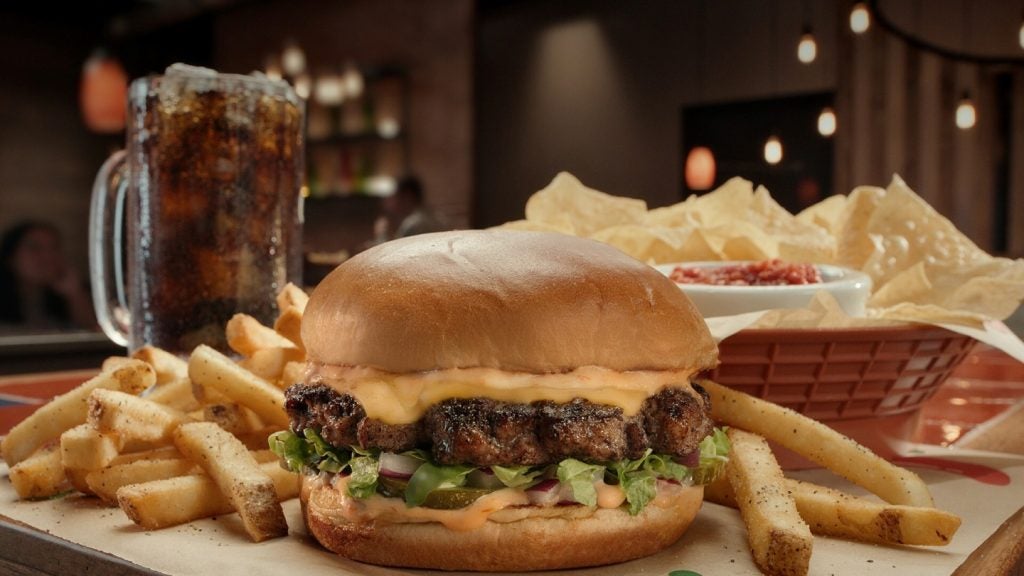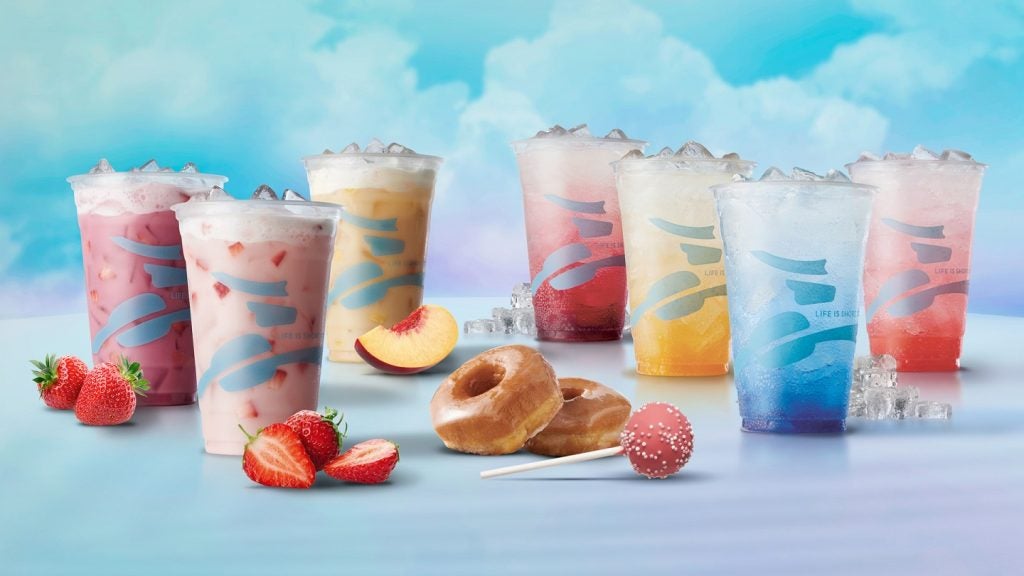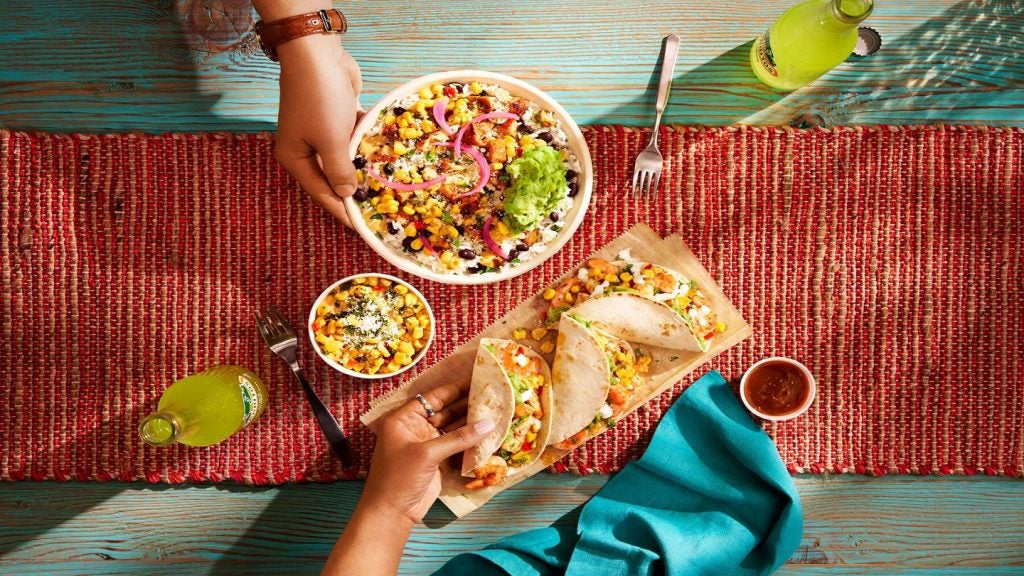
Quick Service Restaurants (QSR) continue to find success releasing meat alternative menu items. These appeal to the growing trends towards ethical and sustainable consumption, as well as the rising number of vegans globally.
However, consumers are going to expect more going forward. Some foodservice companies are not doing enough to market their production methods transparently. They are also failing to effectively market or focus on health and sustainability benefits of these products. As a result, companies are not managing to shed the negative health images they have become associated with.
The leading vegan QSR example in the past year is Greggs’ vegan sausage roll. It enjoyed great publicity which drove monumental success, increasing sales by almost 15%1. Similarly, KFC’s trail for meatless chicken saw immense success when it sold out in less than five hours. This was equal to the popcorn chicken sales that store could expect in a week. It was a ‘Kentucky fried miracle’ according to the company.
Not all attempts have gone down as well. Controversy has accompanied a number of vegan or vegetarian releases over the past few years. Burger King was met with condemnation following the release of its new Impossible Whopper. It was found to not be entirely vegan in many stores. The burger is cooked in the same broiler as chicken and beef products and by default comes with mayonnaise. Similarly, McDonald’s was forced to make a public apology in the UK after several customers were served chicken nuggets in their vegan wraps.
Meat-free alternatives are not always the healthy option
Vegetarianism and veganism are often associated with consumers trying to lead healthier lifestyles. However, some are concerned that many meat-free alternatives are not significantly healthier than the meat option.
Taking KFC’s Beyond Meat Chicken as an example, there are concerns that as a highly processed, fried food, it is just as unhealthy as the meat-based original. According to GlobalData’s 2018 Q4 Consumer Survey, 65% respondents, globally, are “always/often influenced by how a product/service impacts their health and wellbeing”. This clearly demonstrates that consumers are health-conscious and take this aspect into consideration when choosing products.
How well do you really know your competitors?
Access the most comprehensive Company Profiles on the market, powered by GlobalData. Save hours of research. Gain competitive edge.

Thank you!
Your download email will arrive shortly
Not ready to buy yet? Download a free sample
We are confident about the unique quality of our Company Profiles. However, we want you to make the most beneficial decision for your business, so we offer a free sample that you can download by submitting the below form
By GlobalDataMeat-free alternatives will likely see greater long-term success by better communicating the health, sustainability and ethical benefits of the products being sold. They also need to offer better transparency, in line with the increasing transparency expected of meat products. This will help ensure that consumers trust and are confident in the company and the product they are eating. In time this will help shed the image that QSRs are unhealthy, unethical and unsustainable.









Related Company Profiles
KFC Ltd
MC Donald